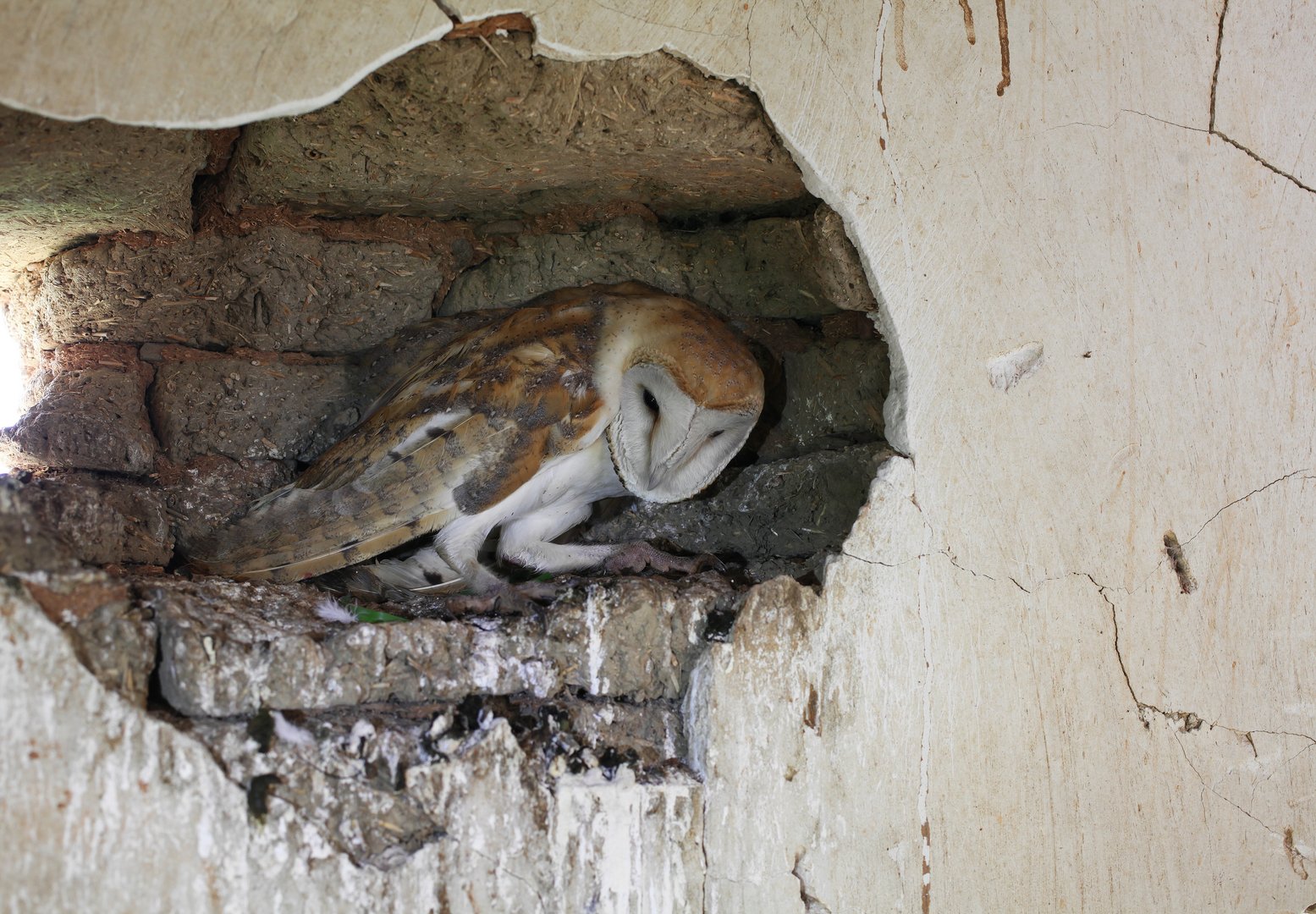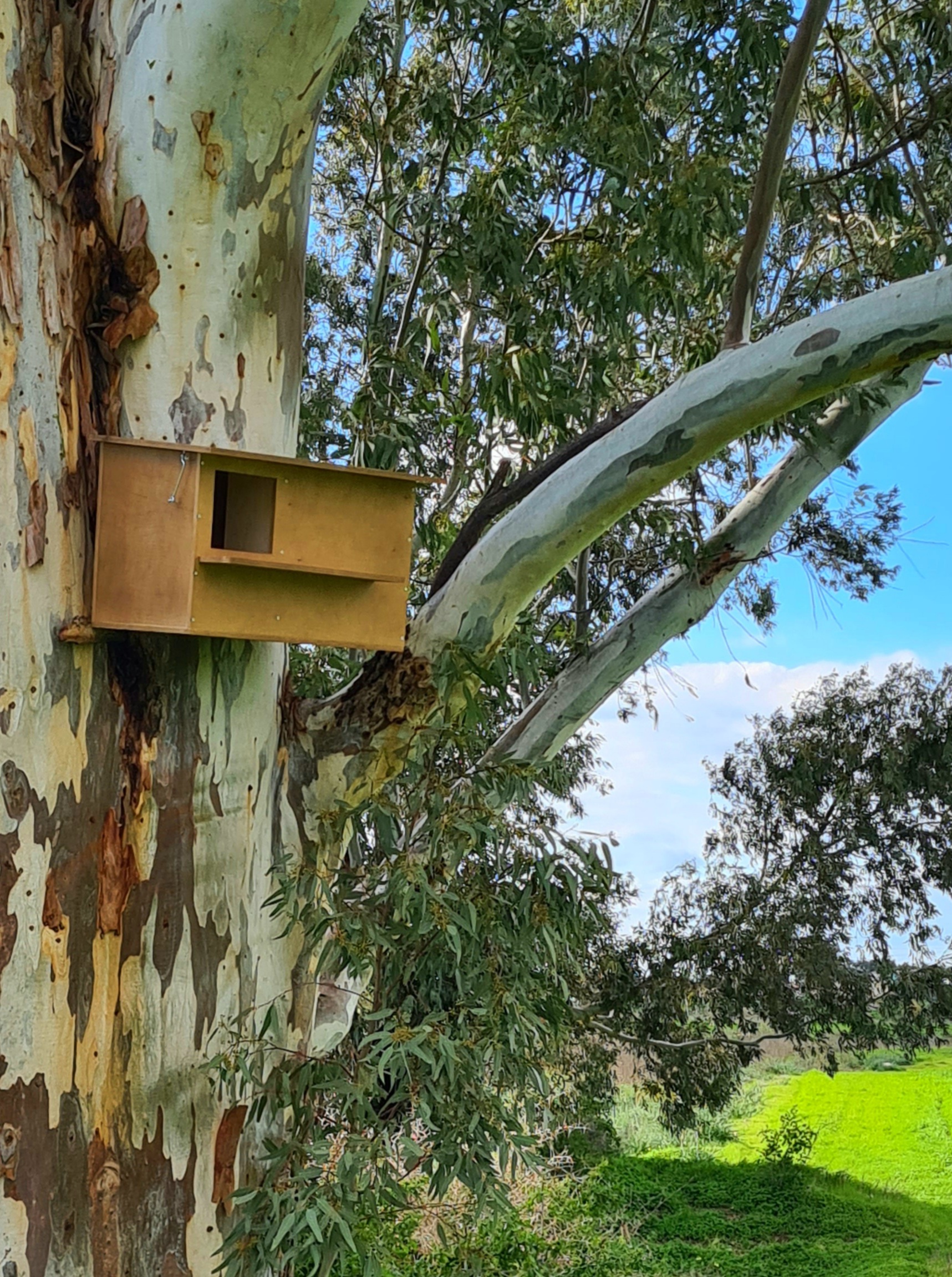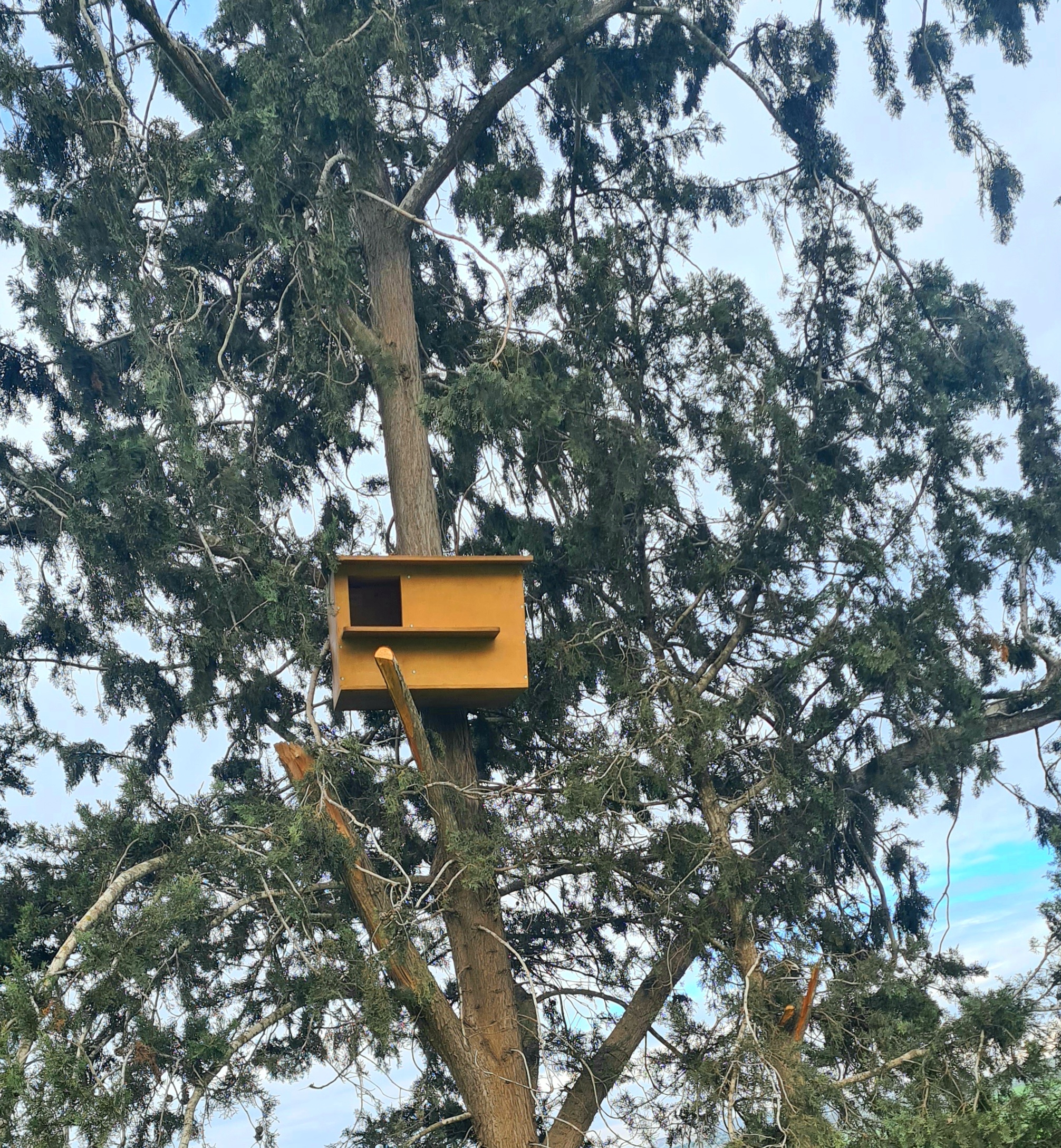Limassol community leaders visited a Nicosia district village on Friday to learn about the biological control of rodents with the placement of artificial nest boxes for barn owls, which will help reduce the use of chemicals.
Community leaders had the opportunity to see in practice how the policy is applied in Denia in the last several years, so they can implement something similar in their own communities.
The visit was part of efforts by the agriculture ministry to promote the biological control of rodents. Taking part were officials and the director general of the agriculture ministry Andreas Gregoriou as well as environment commissioner Klelia Vassiliou.
“Denia Is an example of good practice since the placement of rodenticidal baits has been discontinued in the area since 2016, after the installation of artificial nests that contributed to the increase in the population of barn owls and consequently to the reduction of rodents,” the agriculture ministry’s announcement said.
That example can be followed by many communities in the Limassol district that have been facing a long-standing problem with rodents, which are known to cause great damage to carob crops, the ministry said.
However, controlling rat populations with chemical preparations is often economically unprofitable and damaging to the environment and thus to human health.
Following the visit to Denia, the ministry will hold an information day in Limassol to present the ways of implementing biological control of rodents and provide free artificial nests to communities that express interest.
In the meantime, the installation of artificial nests for barn owls will be enhanced within the framework of the national rodent management plan with the use of barn owls.
So far, a large number of artificial nests in all districts have been placed by the departments of agriculture, forestry, the game and fauna service, Birdlife Cyprus, the hunting federation and other organised groups. Of them, “a satisfactory percentage” has been colonised by barn owls.
The National Action Plan aims mainly at mapping the nests already placed and those planned to be placed, studying the biology of the barn owl, and informing the farming community about the importance of biological control and the need to reduce the use of chemical preparations which are often used uncontrollably.
The barn owl is the farmers’ best ally in the fight against rodents in the countryside since it feeds almost exclusively on rodents, namely mice and rats, the announcement added.
Each barn owl consumes four to six rodents every night, while a family of human birds consumes up to 6,000 rodents per year.
The use of rodenticides and other poisons in the countryside poses a serious threat to biodiversity and wildlife as many animals die from secondary poisoning, i.e. after feeding on poisoned animals.
Did you know that…
– The barn owl is a monogamous species, meaning it stays with the same mate for its entire life.
– It usually nests in the frames of old buildings, warehouses, churches and crematoria.
– It is active at night.
– It is considered one of the best hunters of the animal kingdom with special adaptations such as silent flight, strong and muscular legs and toes, a small body with large wings and an auditory system through which it locates its prey, which is much more developed than most bird species!
– It has 14 vertebrae in its neck, twice as many as humans, which allow it to turn its head up to 270 degrees.
Barn owls are threatened by:
– Destruction of grasslands by tourism and housing developments.
– Destruction or renovation of old buildings where they nest.
– Cars with which they collide as they cross roads.
– Secondary poisoning, i.e. eating rodents that have been fed on poison.
– Poaching and fighting due to prejudice or misconceptions.









Click here to change your cookie preferences